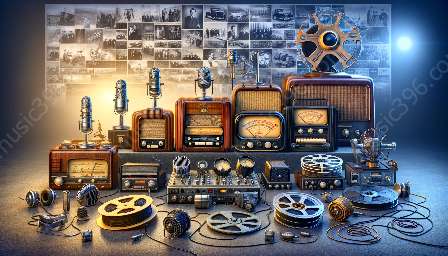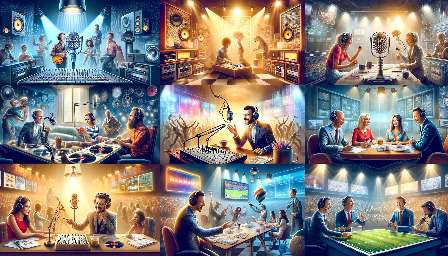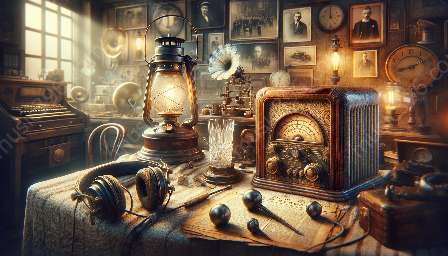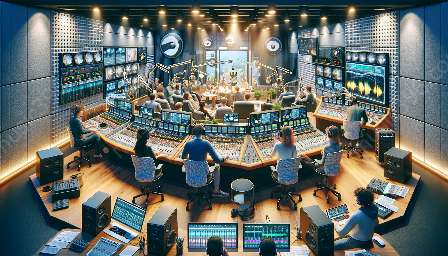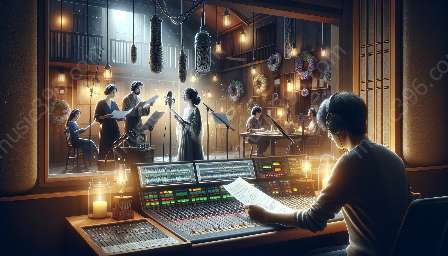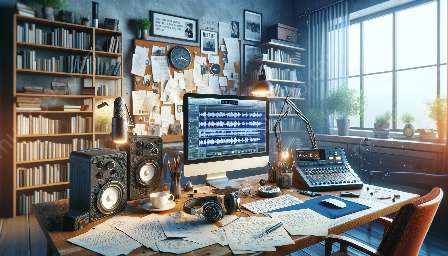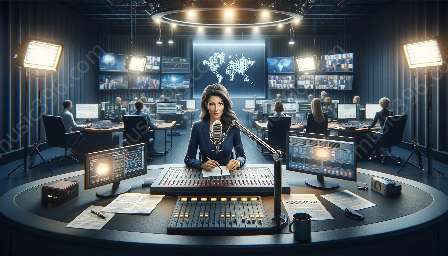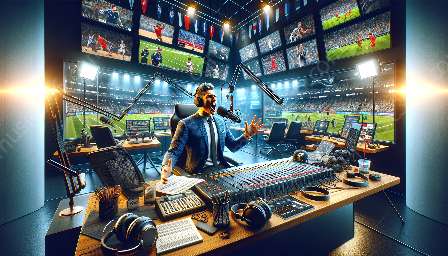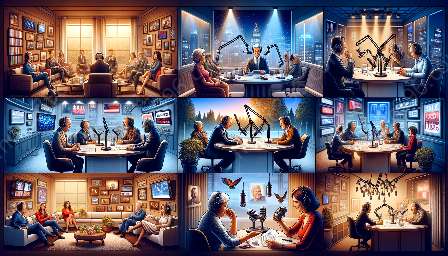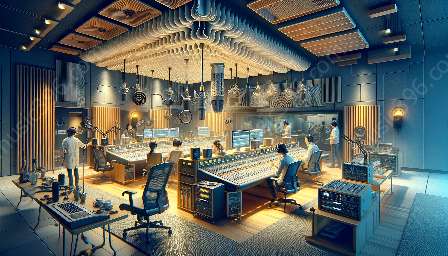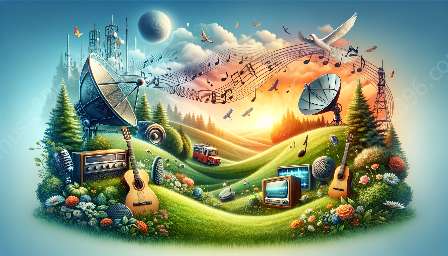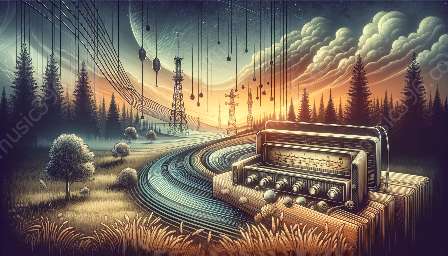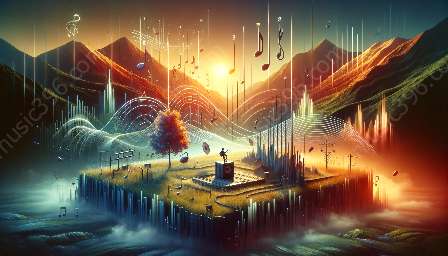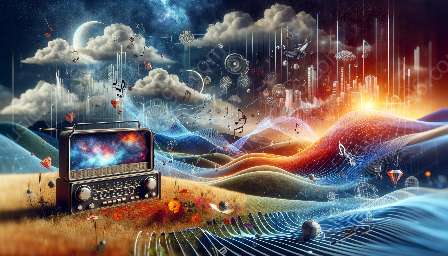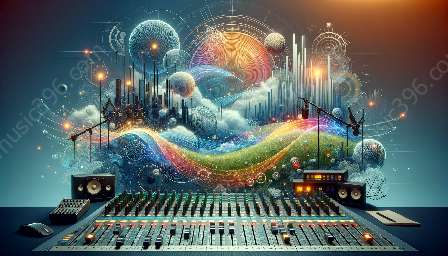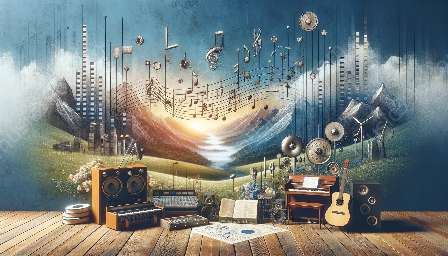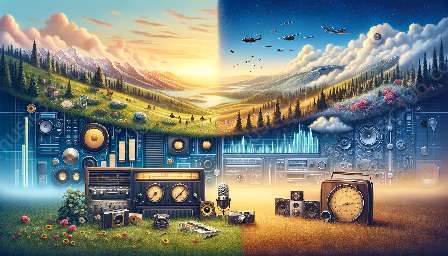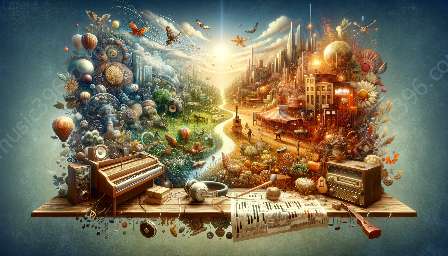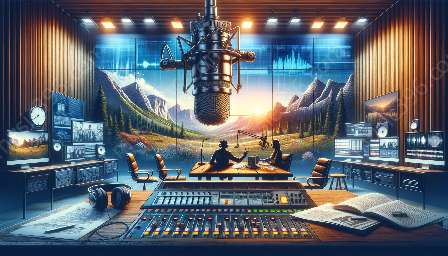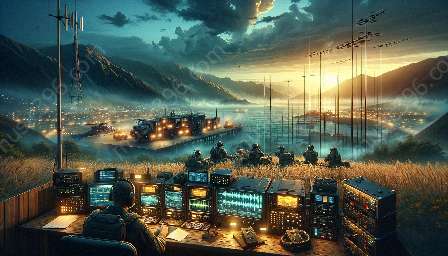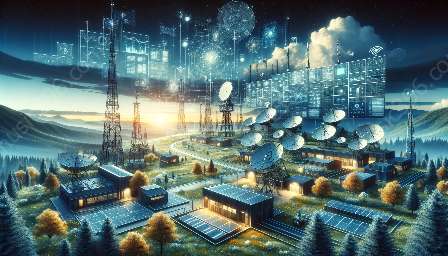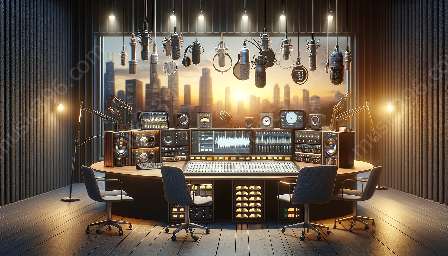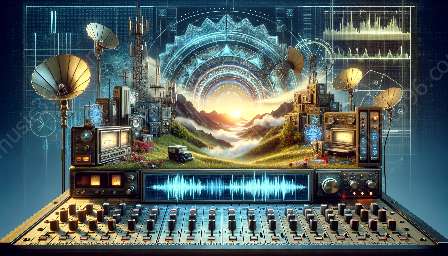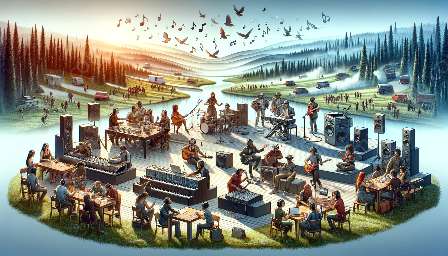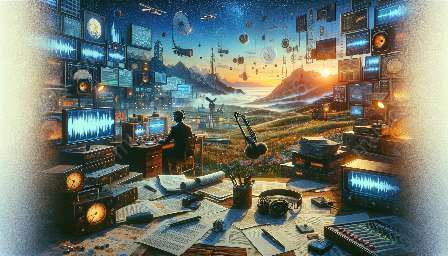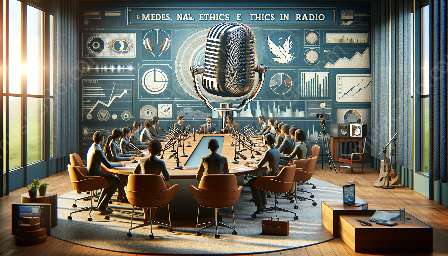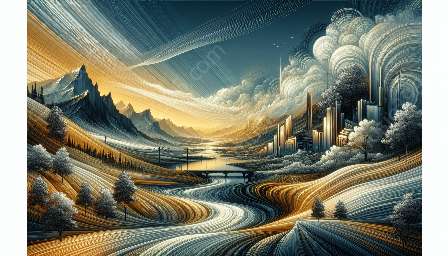Radio sound engineering is a fascinating aspect of broadcast media that combines technical expertise with creativity. The use of sound effects in radio production is a powerful tool for enhancing storytelling and engaging listeners. In this article, we will explore the various ways in which sound effects are employed in radio sound engineering to create compelling narratives and immersive experiences.
The Role of Sound Effects in Radio Storytelling
Sound effects play a crucial role in radio storytelling by adding depth, texture, and emotional resonance to the narrative. They help to create a vivid sonic landscape that transports the audience to different environments, evokes specific moods, and brings characters and events to life. From the subtle rustling of leaves to the thundering roar of a waterfall, sound effects enrich the audio experience and contribute to the overall ambiance of a radio production.
Creating Atmosphere
One of the key uses of sound effects in radio sound engineering is in creating atmosphere. Whether it's the bustling city streets, a serene countryside, or a hauntingly quiet room, sound effects are instrumental in setting the stage and establishing the mood of a story. By carefully choosing and manipulating a diverse range of sound effects, radio producers can transport listeners to different locations and immerse them in the world of the narrative.
Conveying Emotions and Actions
Sound effects are also used to convey emotions and actions in radio storytelling. The use of specific sound cues can convey a range of emotions, from joy and excitement to fear and suspense. For example, the sound of footsteps creeping down a dark hallway can instill a sense of foreboding, while the cheerful chirping of birds can evoke a feeling of tranquility and peace. In addition, sound effects can be employed to signify physical actions, such as door slamming, glass breaking, or a car engine revving, providing auditory cues that complement the narrative and engage the imagination of the listener.
Enhancing Dialogue and Characterization
Sound effects are valuable tools for enhancing dialogue and characterization in radio productions. They can be used to illustrate a character's traits, movements, and unique attributes, adding depth and nuance to their portrayal. For instance, the sound of a character's distinct footsteps or the jingling of their keys can help to distinguish them and create a more vivid mental image for the listener. Furthermore, sound effects can underscore and accentuate dialogue, emphasizing specific words or phrases to reinforce the emotional impact of the spoken words.
Building Suspense and Drama
Sound effects are adept at building suspense and drama in radio storytelling. By strategically incorporating sounds like creaking doors, distant whispers, or ominous rumblings, radio producers can ratchet up tension and create a sense of anticipation and intrigue. These auditory elements heighten the immersive experience for the listener, drawing them further into the narrative and amplifying the emotional stakes of the story.
Technical Considerations in Sound Effects Integration
From a technical standpoint, the integration of sound effects in radio sound engineering involves meticulous planning and execution. Radio sound engineers carefully curate and source a library of sound effects, ensuring that they align with the narrative requirements and the overall sonic aesthetic of the production. Additionally, they employ various audio processing techniques and spatial manipulation to seamlessly blend sound effects with voice recordings and music, creating a cohesive sonic tapestry that enriches the storytelling experience.
Conclusion
Sound effects are an indispensable element of radio sound engineering, playing a pivotal role in enhancing storytelling and captivating listeners. By leveraging the evocative power of sound, radio producers and sound engineers can create immersive narratives that resonate with audiences and leave a lasting impression. The strategic use of sound effects in radio production not only demonstrates technical prowess but also embodies the artistry and creativity inherent in the craft of radio storytelling.



